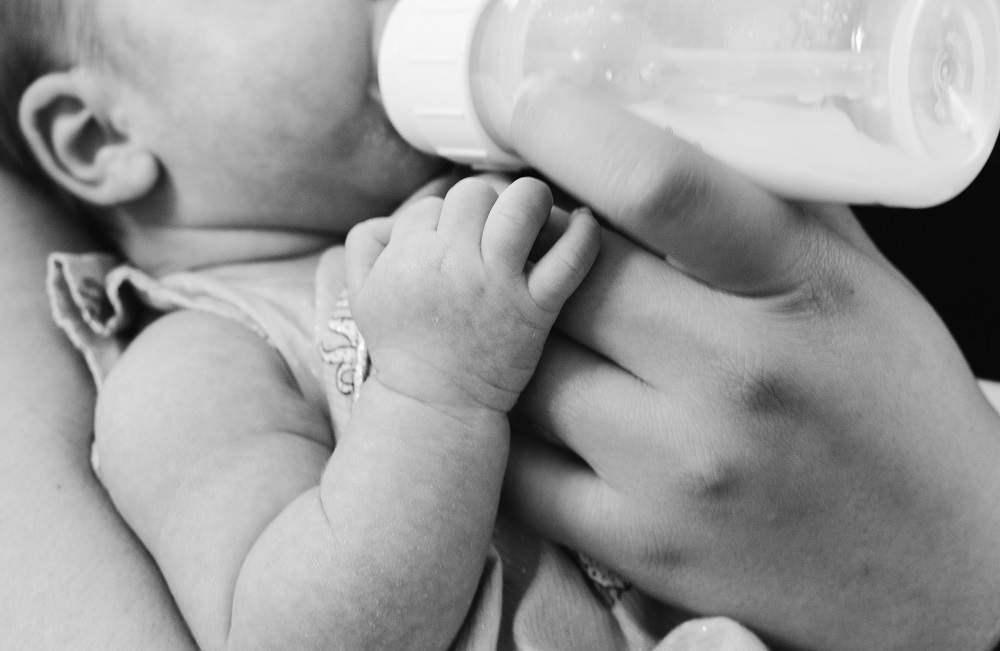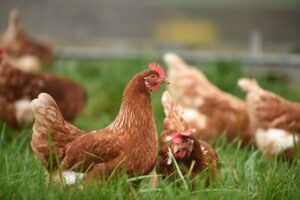A nonprofit group has found that Nestlé sells different quality baby formula in lower- and middle-income countries compared to high-income countries, as reported by The Washington Post.
An investigation led by the International Baby Food Action Network (IBFAN) and Public Eye revealed that Nestlé’s claims about offering babies and children “the best nutrition” don’t apply to all their markets.
Samples of Nestlé baby food items distributed in Asia, Africa, and Latin America were submitted to a Belgian laboratory for analysis by the Swiss investigation group.
According to data from Euromonitor, a European market analysis company, Nestlé was adding up to 7.3 grams of sugar per serving in its products sold in low- and middle-income countries.
“In Switzerland, where Nestlé is headquartered, such products are sold with no added sugar,” Public Eye noted.
Over the years Nestlé has cemented itself as the leader when it comes to baby food and infant nutrition, controlling a whopping 20% of the market, with an estimated value of approximately $70 billion, Public Eye added.
“Nestlé must put an end to these dangerous double standards and stop adding sugar in all products for children under three years old, in every part of the world,” said Laurent Gaberell, Public Eye’s agriculture and nutrition expert, as cited by The Guardian.
Low- and middle-income countries have recorded a rising trend in obesity in recent years. The World Health Organization (WHO) reports that since 2000, there has been an almost 23% increase in the number of overweight children under five in Africa. Over a billion individuals worldwide suffer from obesity.
According to a Nestlé spokesperson, the company has been compliant with “local regulations or international standards, including labeling requirements and thresholds on carbohydrate content that encompasses sugars.”
“We believe in the nutritional quality of our products for early childhood and prioritize using high-quality ingredients adapted to the growth and development of children,” the spokesperson added, per The Guardian.














